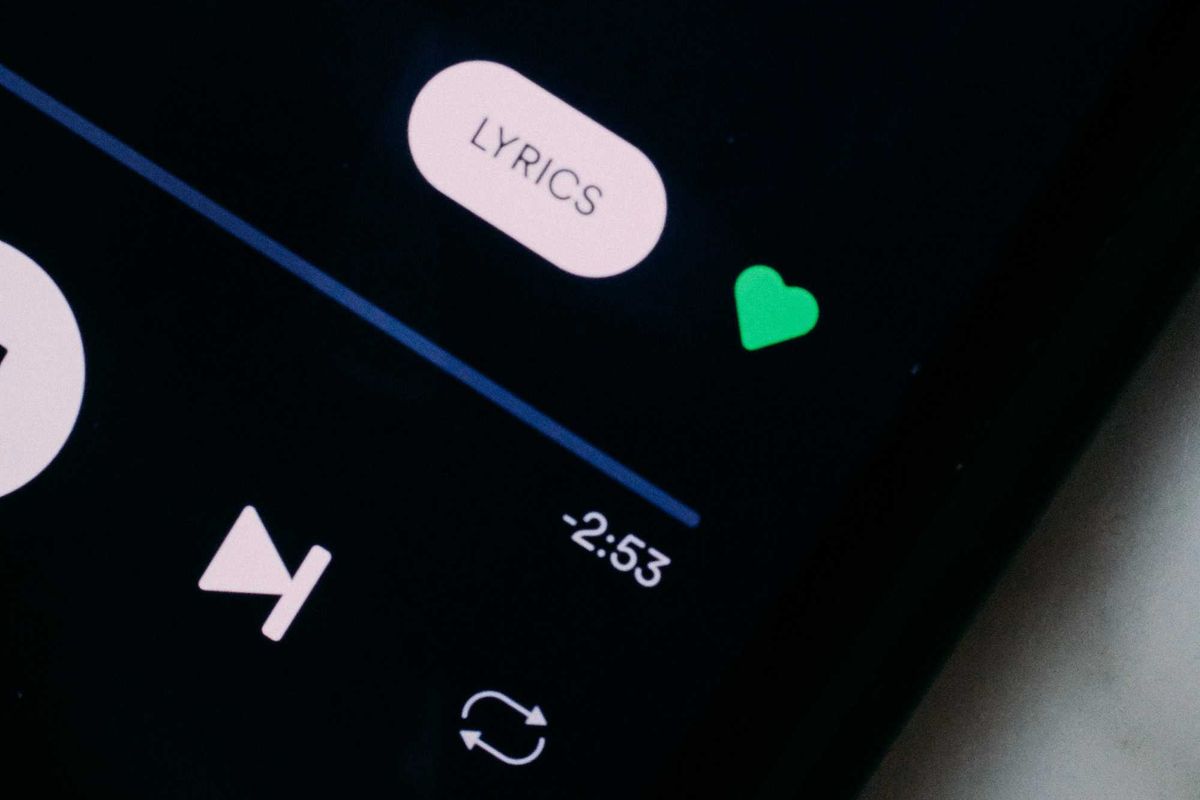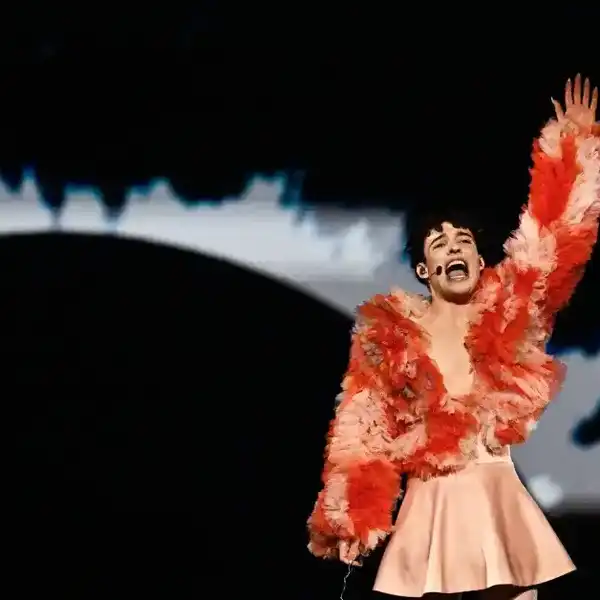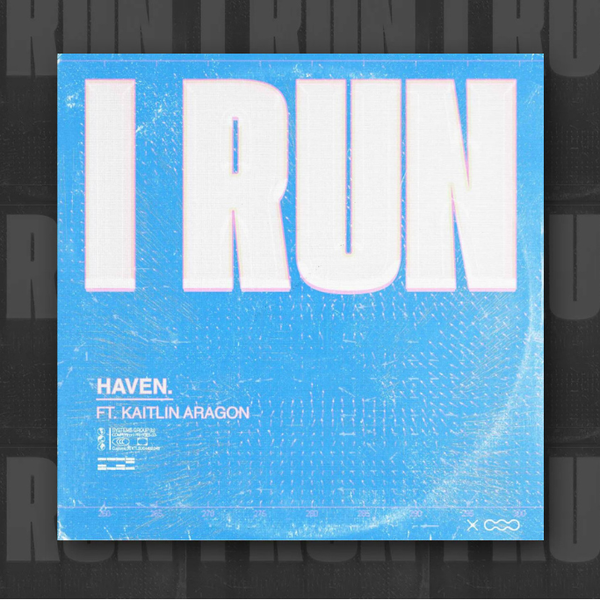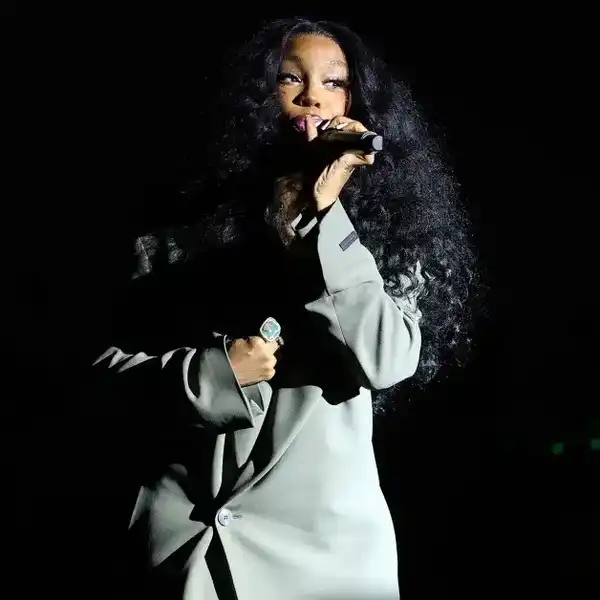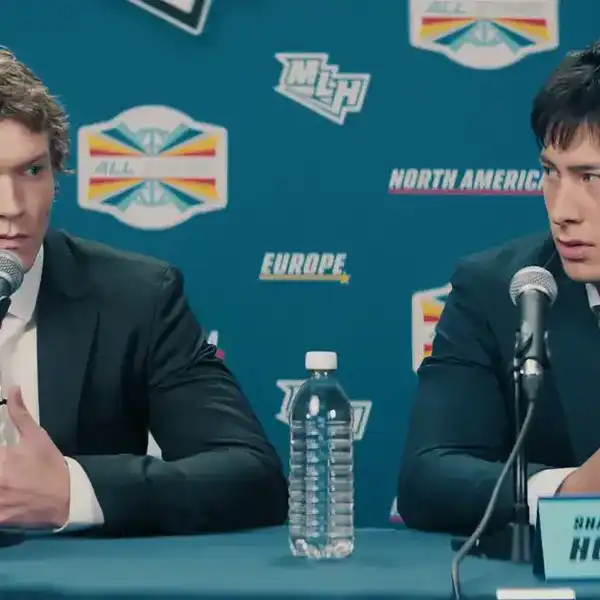Live Nation Antitrust Lawsuit Expected to Be Filed by DOJ on Thursday
The lawsuit is expected to charge that the concert giant has a monopoly on event ticketing through Ticketmaster.
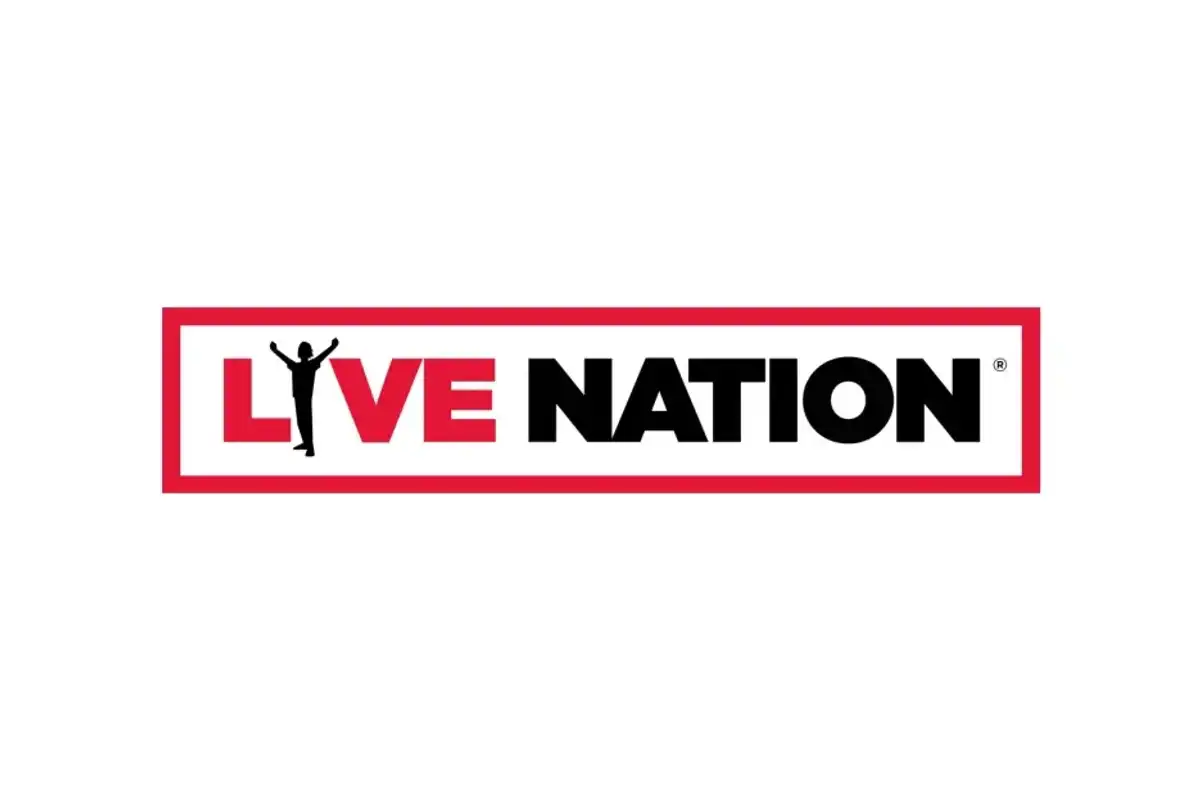
A Department of Justice lawsuit against Live Nation for violating U.S. antitrust laws is imminent and could be filed as soon as Thursday (May 23), a source with knowledge of the DOJ’s plans tells Billboard.
The lawsuit is rumored to charge that Live Nation has a monopoly on event ticketing through Ticketmaster and that it illegally uses its monopoly power to grow its business and stifle competition. The DOJ has been investigating Live Nation for more than two years. With that investigation now wrapped, company president Joe Berchtold recently said he was hopeful his company would avoid a legal showdown with the DOJ’s top antitrust lawyer, Jonathan Kanter.
“These are always serious discussions. We wouldn’t get to this point if they didn’t have concerns, but the good news is we’re still talking and they’ve said they have an open mind,” Berchtold told attendees at the J.P. Morgan Global Technology, Media and Communications conference in Boston on Tuesday (May 21).
“Without getting into the real details of the conversation, I think it’s fair to say I continue to believe that we fundamentally have business practices that are fully defensible,” Berchtold added, before continuing: “We’re also open to figuring out common ground in order to get this settled and moved on. But we don’t know exactly what they want at this point still.”
Live Nation declined to comment for this story.
The Department of Justice’s case is believed to be centered around Ticketmaster’s use of exclusive ticketing contracts when signing up venues for its ticketing services. Typically, Ticketmaster pays venues an advance on the revenue that it generates from the fees it charges consumers as part of the ticket-buying process. The longer the contract, the larger the advance Ticketmaster can pay out.
DOJ officials don’t like the practice, arguing that it locks out new companies from competing in the ticketing space. Ticketmaster officials, however, argue that they are open to working with non-exclusive contracts — both the Greek Theatre in Hollywood and Red Rocks in Denver are open facilities where promoters use the ticketing provider of their choice — but that venues often rely on exclusive deals to meet their capital needs.
“Without getting into the real details of the conversation, I think it’s fair to say I continue to believe that we fundamentally have business practices that are fully defensible,” Berchtold added, before continuing: “We’re also open to figuring out common ground in order to get this settled and moved on. But we don’t know exactly what they want at this point still.”
Live Nation declined to comment for this story.
The Department of Justice’s case is believed to be centered around Ticketmaster’s use of exclusive ticketing contracts when signing up venues for its ticketing services. Typically, Ticketmaster pays venues an advance on the revenue that it generates from the fees it charges consumers as part of the ticket-buying process. The longer the contract, the larger the advance Ticketmaster can pay out.
DOJ officials don’t like the practice, arguing that it locks out new companies from competing in the ticketing space. Ticketmaster officials, however, argue that they are open to working with non-exclusive contracts — both the Greek Theatre in Hollywood and Red Rocks in Denver are open facilities where promoters use the ticketing provider of their choice — but that venues often rely on exclusive deals to meet their capital needs.

